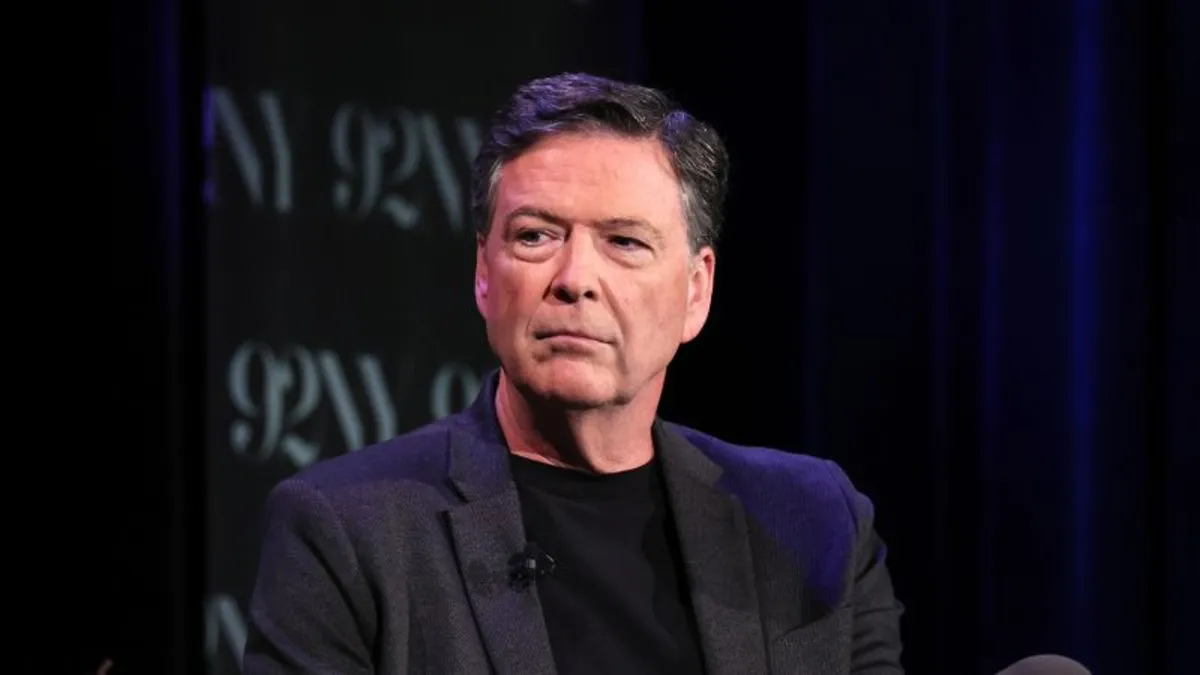
Federal prosecutors are reportedly approaching a critical decision regarding possible perjury charges against former FBI Director James Comey. This development comes as a legal deadline is set to expire on Tuesday, according to sources familiar with the ongoing investigation. The inquiry is being conducted by federal prosecutors from the U.S. Attorney’s Office for Virginia’s eastern district, focusing on whether Comey made false statements during his testimony to Congress on September 30, 2020, concerning his handling of the investigation into Russian interference in the 2016 U.S. presidential election.
Under U.S. criminal law, prosecutors typically have a five-year window from the date of an alleged offense to bring charges. If a federal grand jury were to approve the case by next week, it would signify one of the most significant indictments of a political figure during President Donald Trump’s second term. This situation has been particularly noteworthy as Comey has been a long-standing target of criticism from Trump and his allies, who often label him as part of the so-called "deep state" within the federal government.
To date, James Comey has not faced any criminal charges and has consistently maintained his innocence, asserting that he has been truthful under oath during his testimony. The legal representation for Comey has not provided any comments in response to CNN’s inquiries regarding the investigation. This case continues to unfold, drawing significant media attention and public interest.
As the deadline approaches, the legal community and political observers are keenly watching for any updates on this high-profile investigation. The implications of a potential indictment could reverberate through the political landscape, particularly given the contentious history surrounding Comey's role in the FBI and his interactions with the Trump administration.
For those seeking further information, updates will be provided as the situation develops. This investigation not only highlights the complexities of federal law but also reflects the ongoing tensions between political figures in the current administration.
Contributions to this report were made by Casey Gannon, Aileen Graef, and Betul Tuncer.